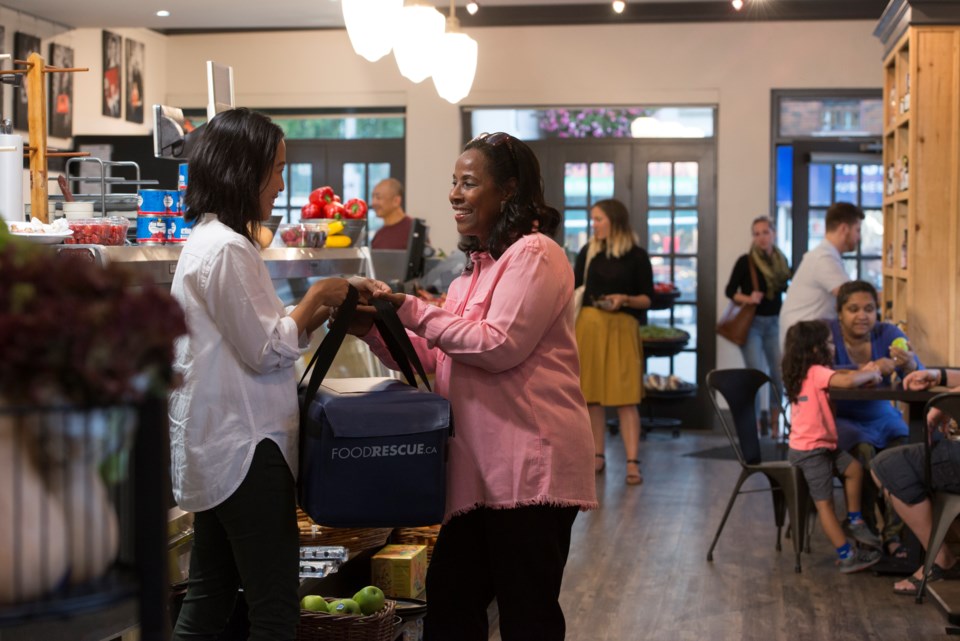Following the federal government’s dedication of $100 million in funding for food security non-profits in Canada on April 3, Ontario-based charity Second Harvest quickly put to use their allotted portion of that funding to reach out to organizations in smaller communities in need of help during the pandemic.
Second Harvest is launching $4.5 million in new grants available to food-focused organizations in communities across Canada, to help address the rising need for food security in the face of COVID-19 effects.
The grants are available to any non-profit organization that provides access to food to the community, and groups can apply to receive up to $20,000 from Second Harvest to help their programs.
This includes food banks, shelters, community meal programs, and any group or non-profit providing food security to their community.
CEO Lori Nikkel wanted to offer the financial support to smaller communities and groups that maybe don't always see as much support at larger ones, as she expects much of the funding being provided by the government will go to large cities and organizations.
“We know that well-established charities and non-profits can access resources that smaller organizations, local groups, shelters, meal programs —they just can't,” said Nikkel. “I'm sure everybody needs money, don't get me wrong, [but] we really want to make sure that smaller ones and rural ones get something because that work is valuable.”
The grants are non-specific as well, meaning they can be used for more than just purchasing more food — things like overhead costs, equipment costs, or staff wages, for example.
“It's for food or if there's staffing that you need or maybe it's equipment that you need,” said Nikkel. “As long it's being used to support food access for people during COVID, then we're happy to accept the application.”
Second Harvest is also using their federal funding to expand their food rescue services to all of Canada, whereas before they only operated with partners in Ontario and B.C.
Second Harvest’s website FoodRescue.ca works with large corporations, small businesses, and even local producers to “rescue” perishable foods from going to waste — taking excess food from within the Canadian food chain and making sure it is made available to the community rather than thrown away.
“There's so much surplus food. We actually lose and waste 58% of it every year, so we need to make sure that food gets to people,” said Nikkel.
The website is a matchmaking system, said Nikkel, that connects food retailers with their local community, providing food to non-profits and organizations,
Second Harvest had plans to expand their website’s coverage to all of Canada over a period of a few years, but have now done so in the span of a few weeks thanks to the coronavirus outbreak.
Communities all over Canada, including Moose Jaw, are now able to join Second Harvest’s network of food rescue and apply for the new grants now being offered.
“Money for those groups really means food on the tables for families across Canada, and Second Harvest wants to make sure that we capture all of those organizations that are typically under-resourced and overlooked.”
To apply for one of Second Harvest’s food security grants, head to to learn more.



